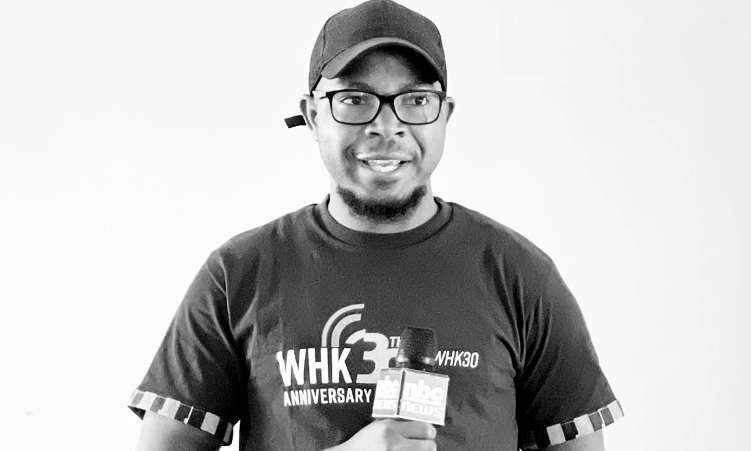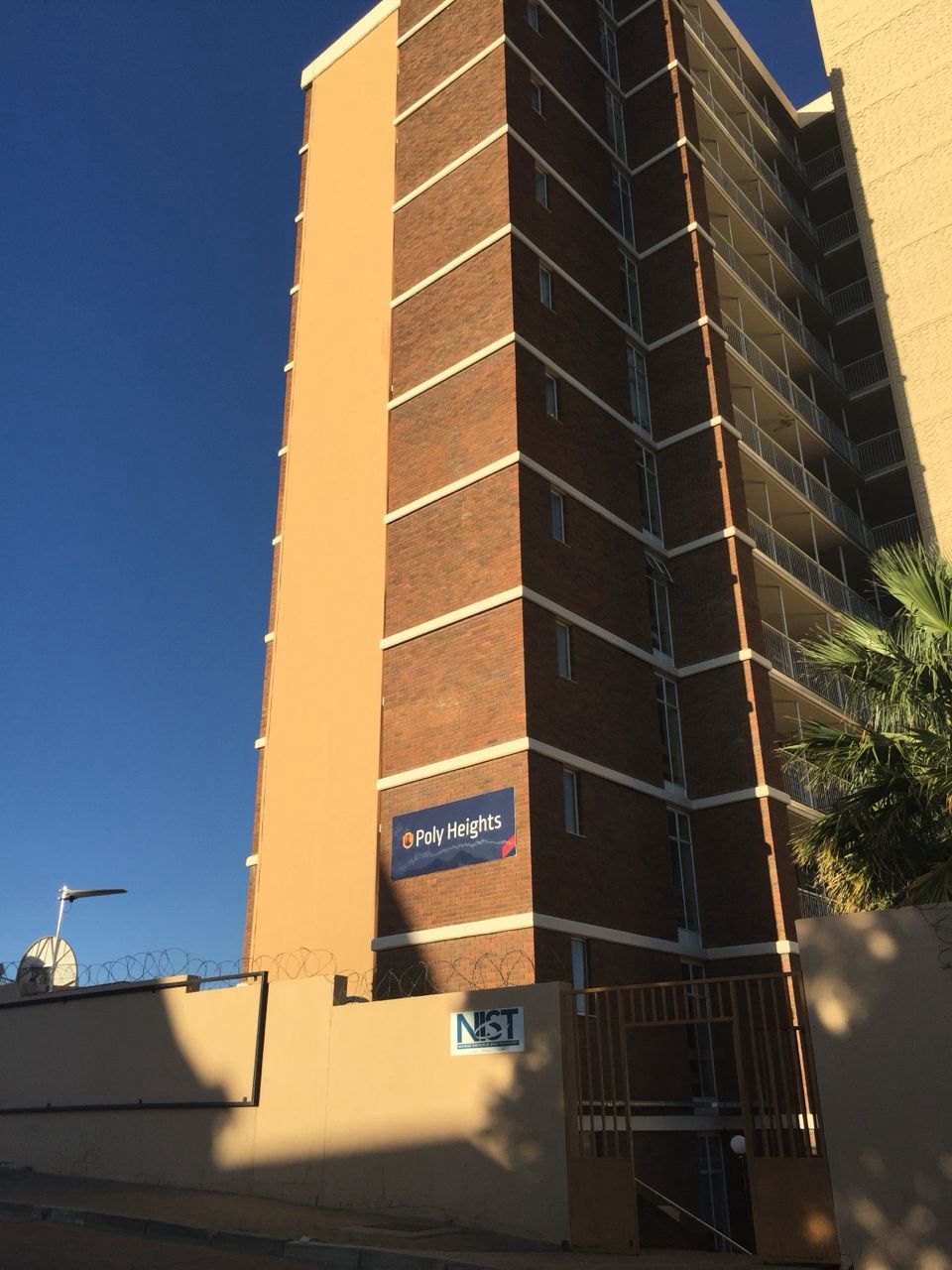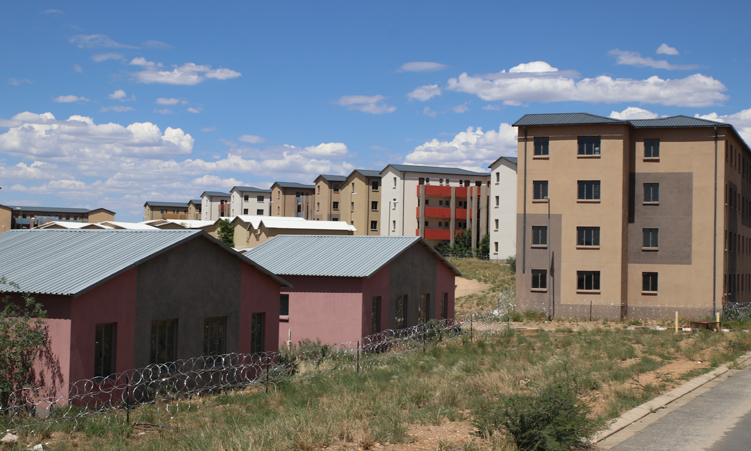The Namibia Media Professionals Union (Nampu) says despite Namibia being ranked first in terms of press freedom in Africa, media workers in the country still face significant challenges in their day-to-day work.
According to Nampu secretary general Sakeus Iikela, the media industry in Namibia has been characterised by unfavourable working conditions, low pay, lack of job security and limited access to training and professional development opportunities.
“Namibia has been a beacon of press freedom in Africa, consistently ranking as one of the top countries on the continent with the freest press, according to Reporters Without Borders,” Iikela said.
Nampu commends this recognition and acknowledges the effort by the government towards promoting freedom of expression and access to information as a public good, he said.
“The access to information law is also a welcome development as it guarantees the public’s right to access information held by public bodies,” Iikela said.
This year, Namibia has been ranked number one in Africa in terms of a free press, according to the 2023 World Press Freedom Index. Globally, Namibia ranks 22nd out of 180 countries.
The country reclaimed its previous top position on press freedom in Africa, which it last held in 2021 before being toppled by the Seychelles last year. South Africa placed second, while the Seychelles dropped from first spot in Africa to take the forth spot, with Cape Verde ranking third.
Media ombudsman John Nakuta said we do not need to second-guess the country’s achievement and instead celebrate.
“One can congratulate the Namibian government for keeping the environment harassment free for journalists and allowing media practitioners to operate in a very free environment and we are very appreciative of that,” he said.
He, however, said it was concerning that the country dropped globally to 22, from 18 last year.
“We must critically look at things that are counting against us in the global index and work on them,” he said.
He said one of the things counting against us every now and then are politicians making threats about wanting to block the internet and so forth, and having views and expression, against some publications that appear to be critical.
“You don’t need to only physically assault a journalist, it’s enough to make threats and show intolerance in one way or the other,” Nakuta said.
Information and communication and technology minister Peya Mushelenga said the country being ranked number one in Africa in terms of press freedom is also attributed to the promulgation of the access to information law enacted in December 2022.
“As a government, we continue to take effective steps in implementing the access to information legislation as we committed N$20 million for the 2023/2024 financial year towards the establishment of the Office of the Information Commissioner,” Mushelenga said.
The access to information law is a cornerstone of freedom and will allow the media to access information to inform the nation to make informed decisions in order to improve their socio-economic well-being, he added.
World Press Freedom Day takes place annually on 3 May. This year, it was celebrated under the theme: ‘Shaping a Future of Rights: Freedom of Expression as a Driver for all Other Human Rights’.
Stay informed with The Namibian – your source for credible journalism. Get in-depth reporting and opinions for
only N$85 a month. Invest in journalism, invest in democracy –
Subscribe Now!






